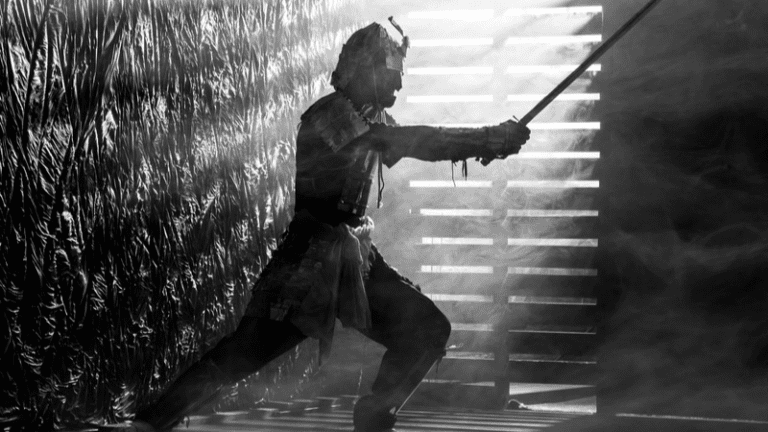The concept of Utu in Maori culture: reciprocity and balanced exchange
New Zealand's Maori culture is rich in unique and profound concepts that offer insights into their worldview and social structure. Not only the more well-known concepts of mana and tapu (the latter we know as taboo) lend themselves to use in modern day life. One of these other concepts is Utu, which stands for the idea of reciprocity or balanced exchange. Utu is central to maintaining harmony and fairness within the Maori community and has deep social, cultural and spiritual significance.
Understanding Utu
At its core, Utu is about giving and receiving in equal measure. It is a system of balance that ensures that every action, whether positive or negative, is reciprocated. This reciprocity is not limited to material exchange, but also extends to actions, feelings and social interactions. Utu maintains social balance by promoting justice, equality and mutual respect.
Utu in practice
Utu manifests itself in various aspects of Maori life. Here are some practical examples:
- Gift giving and hospitality: When someone receives a gift or hospitality, it is expected that this will be reciprocated. This may mean inviting the giver to a future event, offering help or giving a gift in return. This principle ensures that generosity and kindness are balanced and reciprocal.
- Conflict resolution: Utu plays a crucial role in resolving conflicts. When someone is harmed, whether intentionally or accidentally, Utu requires an appropriate response or reparation to restore balance. This can be an apology or reparation. The aim is to heal relationships and restore harmony within the community.
- Social obligations: Utu also regulates social obligations and community responsibilities. For example, if a family organizes a gathering or helps someone in need, they can expect similar support and participation from others in the future. This mutual help strengthens social bonds and ensures that everyone contributes to the well-being of the community.
The spiritual dimension of Utu
Utu is not only a social construct, but also has a spiritual meaning. The Maori believe that maintaining balance through utu is in accordance with the spiritual laws of the universe. Disregarding these principles can lead to imbalance and disharmony, which in turn can have spiritual repercussions. Utu is therefore seen as a way of living in harmony with social and spiritual norms.
Utu and modern society
Although Utu is rooted in traditional Maori culture, its principles are still relevant and practiced today. In modern New Zealand, Utu influences various aspects of life, from interpersonal relationships to legal practices and restorative justice. The concept of restorative justice, which focuses on repairing harm and restoring relationships rather than punitive measures, is closely linked to Utu principles.
Utu and restorative justice
Restorative justice is an approach to justice that aims to repair the harm caused by criminal behavior through reconciliation between offender and victim. This approach reflects the essence of Utu by focusing on making amends and restoring balance rather than just punishing the offender. It involves direct communication, mutual agreement on how to repair the harm, and the active participation of all parties involved.
Incorporating utu into restorative justice practices has shown positive results in a variety of contexts. It emphasizes healing, accountability and community involvement, which can lead to more meaningful solutions and stronger, more cohesive communities.
The far-reaching effects of Utu
The concept of Utu goes beyond Maori culture and offers valuable lessons for society in general. It emphasizes the importance of balance, fairness and mutual respect in all interactions. When communities take the principles of Utu to heart, they can build stronger relationships, create more equitable systems and promote a more harmonious and just society.
Utu is therefore a fundamental concept in Maori culture that emphasizes the importance of reciprocity and balanced exchange. It is a guiding principle for social interactions, conflict resolution and spiritual harmony. By understanding and applying the principles of Utu, we can learn to build our relationships and communities with more fairness, empathy and mutual respect. This ancient Maori concept holds a timeless wisdom that can help create more just and harmonious societies in our modern world.







